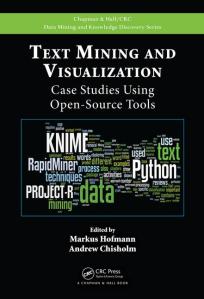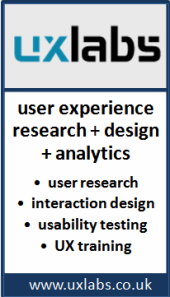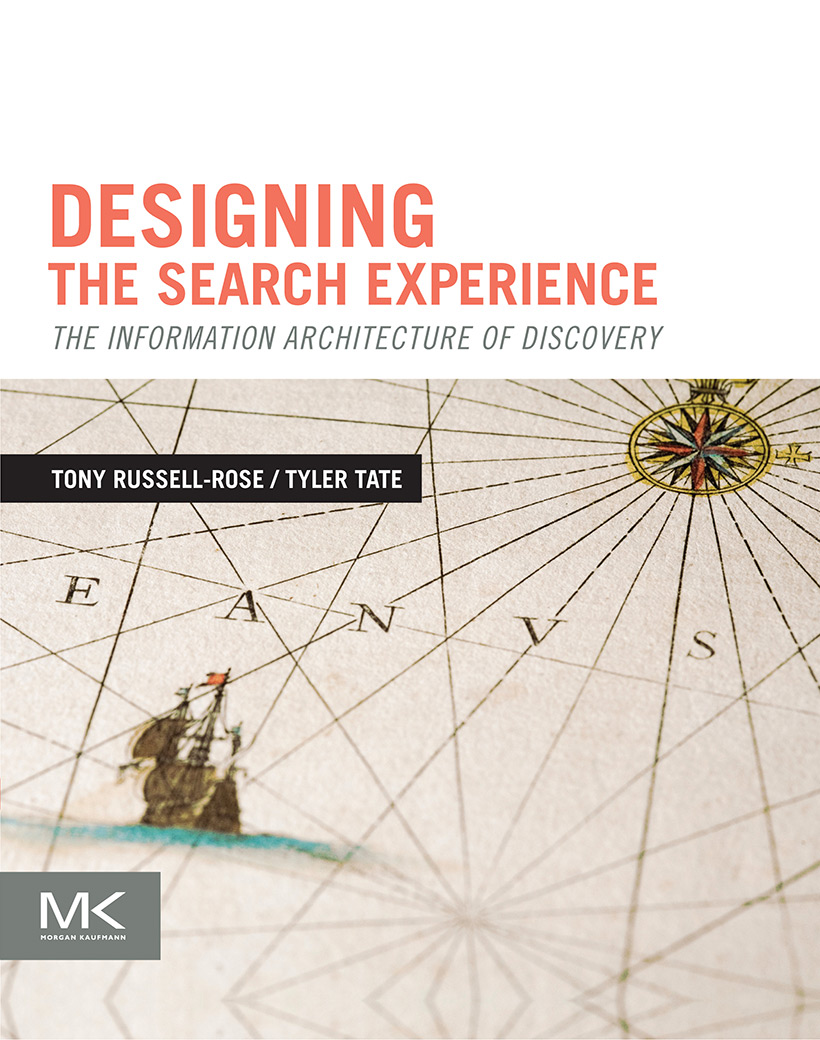I am recruiting sponsored or self-funded PhD students who wish to undertake projects in the areas of natural language processing, information retrieval and human-computer interaction including the project outlines listed below.
I have also appended some more focused MSc-level project ideas based on current work with 2Dsearch. Some of these have the potential to be scalable to PhD level work, so feel free to adapt / enhance them to accommodate your own ideas and interests. Note also that this list is not exhaustive: we have other project ideas and proposals which are not quite ready for public dissemination.
If you are a self-funded student considering a PhD in any of the topics below please look at the further information and/or email me to discuss.
(more…)








